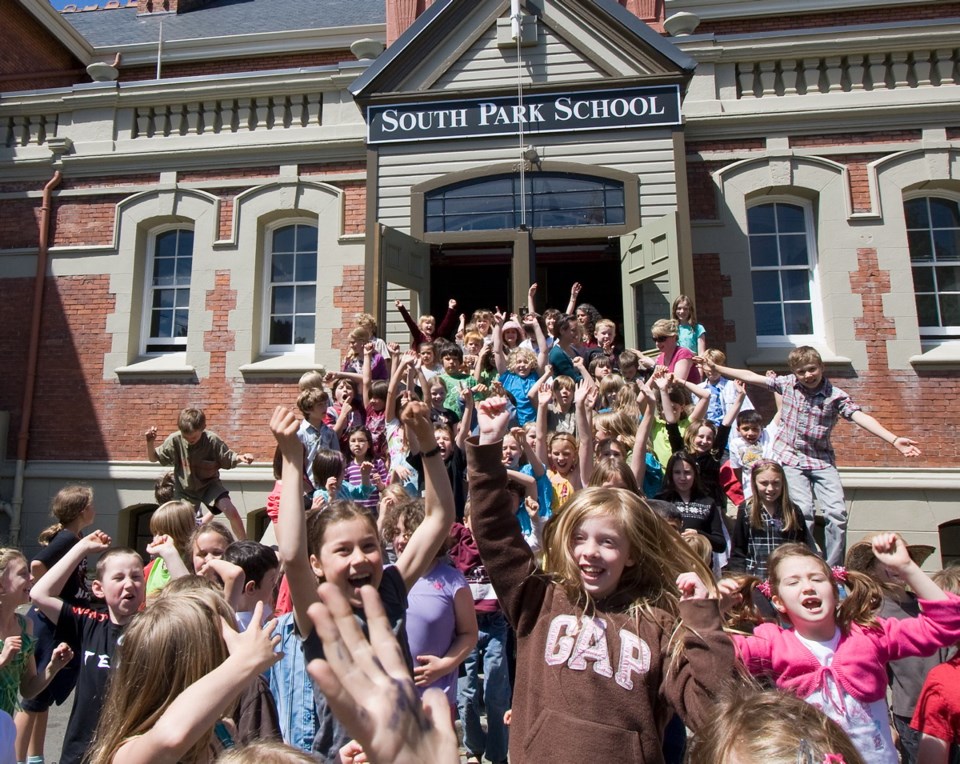ŌĆśSummer learning lossŌĆØ describes what some educators believe is the potential for loss of academic knowledge and skills over the course of the 10-week summer break.
In the interests of full disclosure, my own school experience, both as a teacher and a student was in New South Wales, where the school year was organized on a tri-semester basis with two 10-day breaks between semesters one and two, and then two and three. Then there was the longer five- to six-week summer break between early December and early mid-January.
Nobody ever worried about summer learning loss unless it had been caused by an excess of sand and salt water and, as we stumbled into adolescence, beach all-nighters in preparation for the next dayŌĆÖs sunrise surfing experience.
So I was surprised when I began teaching in sa╣·╝╩┤½├Į by the apparent impact of the nearly 10-week summer break. It usually took a good part of September to get things back on track both academically and in terms of re-introducing classroom expectations.
Ten weeks seems a long time away from any knowledge or skills-based activity. Whether it be playing a musical instrument, or maintaining the skill level in a sport, anything that requires frequent practice ŌĆö much less requiring kids to be sitting still and paying attention.
Academic summer learning loss has been heavily researched and, as usual, there is less-than-complete agreement as to whether the long break impairs kidsŌĆÖ ability to pick up where they left off in June.
As an example, in 2014, the Council of Ontario Directors of Education published a program planning guide to help boards implement summer learning programs if it was felt such was needed.
After three years of researching summer learning programs, CODE concluded that, yes, the programs make a difference, especially for students experiencing literacy challenges.
Another study, by professor Morgan Polikoff of UCLA, concluded that on average, while studentsŌĆÖ achievement scores declined over summer vacation by one monthŌĆÖs worth of school year learning, the losses were sharper for math than for reading.
Polikoff also concluded that the extent of loss was more noticeable at higher grade levels.
Polikoff moved into more controversial territory by asserting that there is a correlation between summer learning loss and socio-economic status.
Students from middle-income families tended to show improvement in reading skills while lower-income students tended to experience loss.
Summer programs requiring parent involvement appeared to be a factor in more effective programs.
Other researchers have linked this finding to family reading habits, the availability in a home of print material and whether parents read to pre-school-age children.
The maintenance of literary skills, reading, and even writing can be influenced by family literacy habits.
In Greater Victoria, the Saanich Peninsula and the West Shore, a team of retired educators has been successful in promoting the 1000x5 book recycling program, which has as its goal for all children to have books in the home and to have 1,000 books read to them by age five.
For childrenŌĆÖs development of early literacy, looking at books, handling books, listening to stories and enjoying time spent with an important adult builds language, imagination and many important connections in the developing brain.
Over the summer, 1000x5 recycled books can be accessed through Neighbourhood Houses (Beacon Community Services) and the Peninsula Co-op.
There are also arguments, both pro and con, for extending the school year. That raises the question of whether more time in school automatically translates into more time on task.
The U.S. National Education Association in 1987 published an extensive examination of whether additional time in school might simply lead to additional fatigue for students.
More experienced classroom observers argue that unless additional time is accompanied by changes in teaching strategy and curricula, the added time might be just more of the same, and subsequently wasted.
In a 1993, the National Education Commission Report on Time and Learning suggested that 35 extra days would be needed to produce any noticeable change in student achievement.
All that said, experts agree that summer school is definitely advisable in extreme circumstances, which include situations where a senior has failed one of the core requirements for graduation, when a student is facing possible grade retention or when a childŌĆÖs individual education plan strongly recommends the provision of additional learning time.
Geoff Johnson is a former superintendent of schools.



